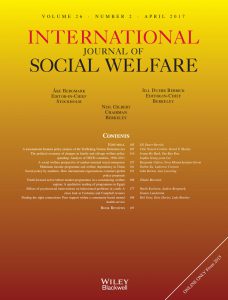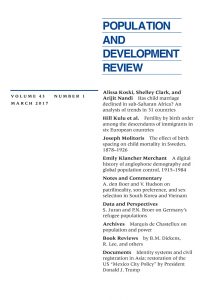information wants to be expensive
 My previous post centered on the implications of Google’s dominance in internet search. However, subsequent major news provides the possibility of a major restructuring of the internet search market. It also has implications on how “flat” and “open” the web really is.
My previous post centered on the implications of Google’s dominance in internet search. However, subsequent major news provides the possibility of a major restructuring of the internet search market. It also has implications on how “flat” and “open” the web really is.
One of the basic things all users of the internet do is search. Search is what makes the abundance of information usable. We assume that our search engine has access to the relevant information on the web. Most of us simply use Google to do this. These last two statements are impacted by recent news that Microsoft and Newscorp are in talks to have Newscorp’s online content (e.g., The Wall Street Journal, The New York Post, The Times of London, The Sun in Britain, etc.) removed from Google and be hosted exclusively on Microsoft’s Bing search engine.
The magnitude of this news becomes clear given some of the possible implications:
1-While Google can well-afford to purchase exclusive content of its own, the very possibility of users having to go to different search engines for different types of searches so drastically changes the face of search that Google’s dominance could be unsettled. Will the users that so far have used Google out of habit continue to do so when they have to think about what engine to use depending on what they are searching for?
2-We may see a search engine arms race, where different engines gobble up different content, spreading information all around and making it far less usable for the rest of us. This creation of barriers to information and access is opposed to Friedman’s “flat world” hypothesis or the idea that “information wants to be free” (hypotheses that sociologists should be skeptical of in the first place). Whether this deal between Microsoft and Newscorp happens or not, we should remember that interested parties want information to remain expensive. ~nathan






1475-682X/asset/akdkey.jpg?v=1&s=eef6c6a27a6d15977bc8f9cc0c7bc7fbe54a32de)
I appreciate your questions of Friedman’s hypothesis and the idea that informations wants to be free. As your post highlights, information providers and owners have a different opinion.
I wonder if dividing up content on different search engines will result in a hierarchical sorting of users, similar to competitive social networking sites (e.g. Facebook versus MySpace)?
Keri